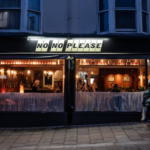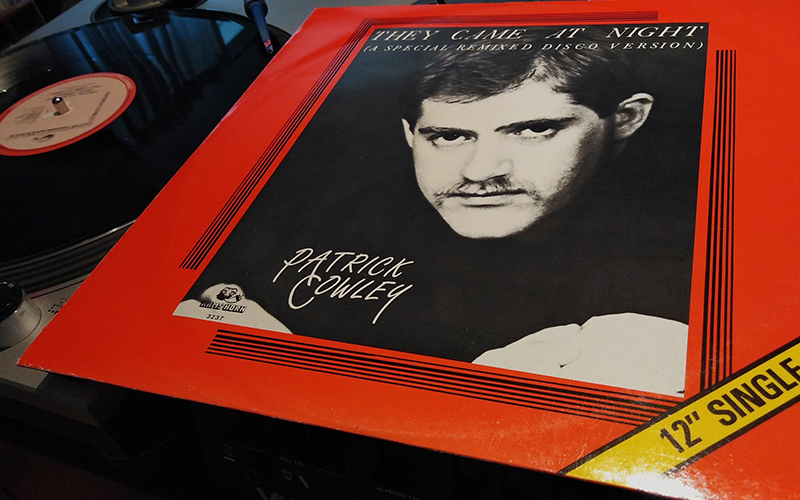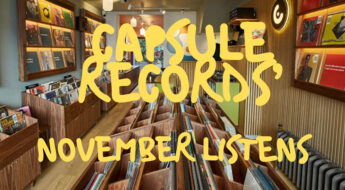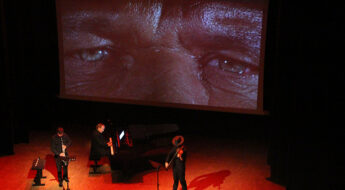Capsule Records‘ latest column for BOTI is in honour of Brighton Pride: a tribute to gay disco legend Patrick Cowley, one of their favourite artists that they stock in store. In recent years, the electronic pioneer, creator of hi-NRG disco and synthesiser guru’s contributions to music and the LGBTQ+ community have gained recognition.
Born in Buffalo, New York, in 1950, Cowley quickly became fascinated with music, playing in bands throughout his early life. Yet it wasn’t until he relocated to San Francisco and began a college degree in music, including early synthesisers, that he flourished. Synthesisers were still largely uncharted territory, and as a result, Cowley became obsessed with the ability to create new, unheard sounds.
His fixation on and talent for the synthesiser made Cowley an exciting prospect in the disco scene. He developed a sound understanding of the synth like no other within the context of dance music and his signature gritty and staccato sound, paired with spacey reverb was unparalleled. He had this wonderful ability to create euphoric and transcendent songs that could transform any club. As Cowley became a staple of the gay San Francisco scene, disco superstar Sylvester recruited Cowley to work on his upcoming album, Step II, which went on to achieve huge success. Consequently, Cowley became an invaluable member of Sylvester’s band.
Despite touring regularly with Sylvester, Cowley still found time to focus on his own work and remain a key figure in San Francisco and its disco scene. In 1981, he formed a label with friend and producer Marty Blecman – Megatone Records, where Cowley would go on to release his music. Cowley released a full-length album called Megatron Man, which gave him his first hit single ‘Menergy’. Following his first album, a string of hits ensued, with songs like ‘Right on Target’ and ‘Do You Wanna Funk’, as well as his remix of Donna Summer’s ‘I Feel Love’. These songs were uplifting yet gritty and rhythmic: a combination that could reach seemingly impossible bliss and, importantly, that empowered a marginalised audience.
However, Cowley’s success was cut short by illness. During a world tour with Sylvester in late 1981, Cowley fell ill and decided to return home to the US. Doctors struggled to diagnose Cowley. One doctor even alluded to food poisoning. Unbeknownst to all, Cowley, who was gay, had contracted a new then-known virus, HIV. In 1982, aware that he was deteriorating quickly, Cowley was keen to release one more album. Mind Warp reflected his detachment from reality as the disease progressed at the same time as capturing the energy of the dancefloor. The album was an escape from the harsh reality of a scene destroyed by the growing Aids crisis. Sadly, Cowley died before the release of the album later in the year at just 32. He was one of the first documented patients on the west coast to die from complications of what was later recognised as Aids.
During his life, Cowley achieved only minor commercial success, yet retrospectively his impact on early electronic music is never in doubt. He pioneered hi-NRG, an uptempo form of disco, and elevated the synthesiser to new heights. With artists like the Pet Shop Boys and New Order citing him as a huge influence, Cowley’s artistry is present throughout queer culture, the disco mainstream and electronic pop music today.














Recent Comments